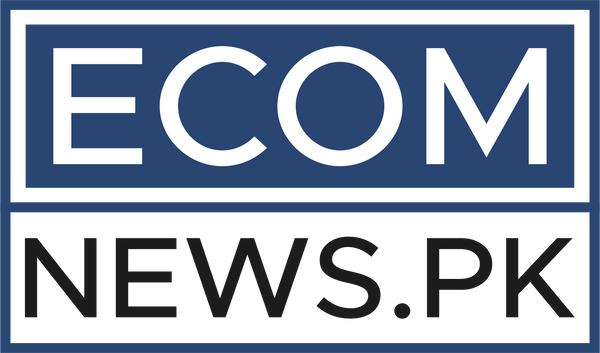
IMF Sets New Economic Conditions for Pakistan’s Loan Release
The International Monetary Fund (IMF) has outlined 11 additional requirements that Pakistan must meet to secure the remaining funds under the ongoing $7 billion loan program.
According to the latest IMF staff report, key conditions include parliamentary approval of a Rs. 17.6 trillion federal budget, elimination of power tariff caps, implementation of agriculture income tax, and the removal of restrictions on used car imports.
Pakistan is required to finalize the FY2026 budget, which includes Rs. 8.7 trillion allocated for interest payments, a Rs. 2.1 trillion primary surplus, and a Rs. 6.6 trillion overall deficit. Development spending has been projected at Rs. 1.07 trillion.
The IMF report also highlighted an increase in Pakistan’s defense budget, estimating Rs. 2.414 trillion—an increase of Rs. 252 billion (12%). However, the government has hinted at raising this allocation beyond Rs. 2.5 trillion due to regional security concerns. The report warns that ongoing tensions between Pakistan and India could pose risks to fiscal stability and reform targets.
In the energy sector, Pakistan must implement annual electricity tariff adjustments by July 1 and semi-annual gas price revisions by February 15, 2026, to ensure complete cost recovery. Parliament is also required to remove the Rs. 3.21 per unit cap on debt servicing surcharge by June and establish a permanent law for the captive power levy by May.
A new measure mandates all provinces to enforce agricultural income tax by the June deadline. Additionally, the government is tasked with publishing a governance reform plan based on IMF assessments, indexing cash transfer benefits to inflation, and drafting a post-2027 financial sector strategy outlining institutional and regulatory reforms.
Further, the IMF has directed Pakistan to lift all quantitative restrictions on commercial imports of used vehicles, initially for cars up to five years old, with legislation due by July. This move is expected to support trade liberalization and enhance vehicle affordability.
Additionally, Pakistan must draft a plan by the end of the year to systematically phase out tax incentives for Special Technology Zones and industrial parks, aiming for complete removal by 2035.
This set of conditions is critical for Pakistan’s ongoing engagement with the IMF and its broader economic stability efforts.
Would you like further refinements or additional insights on how these measures could impact different sectors?






